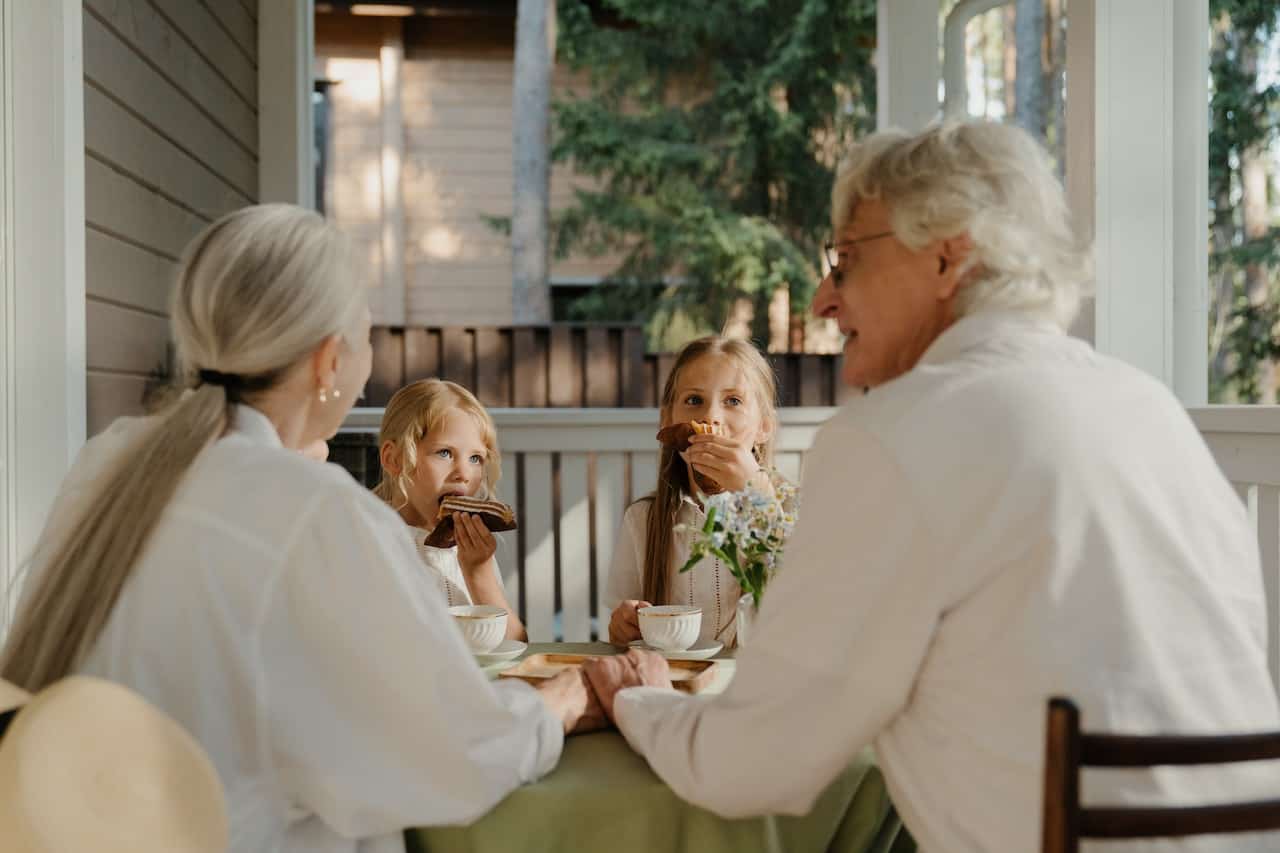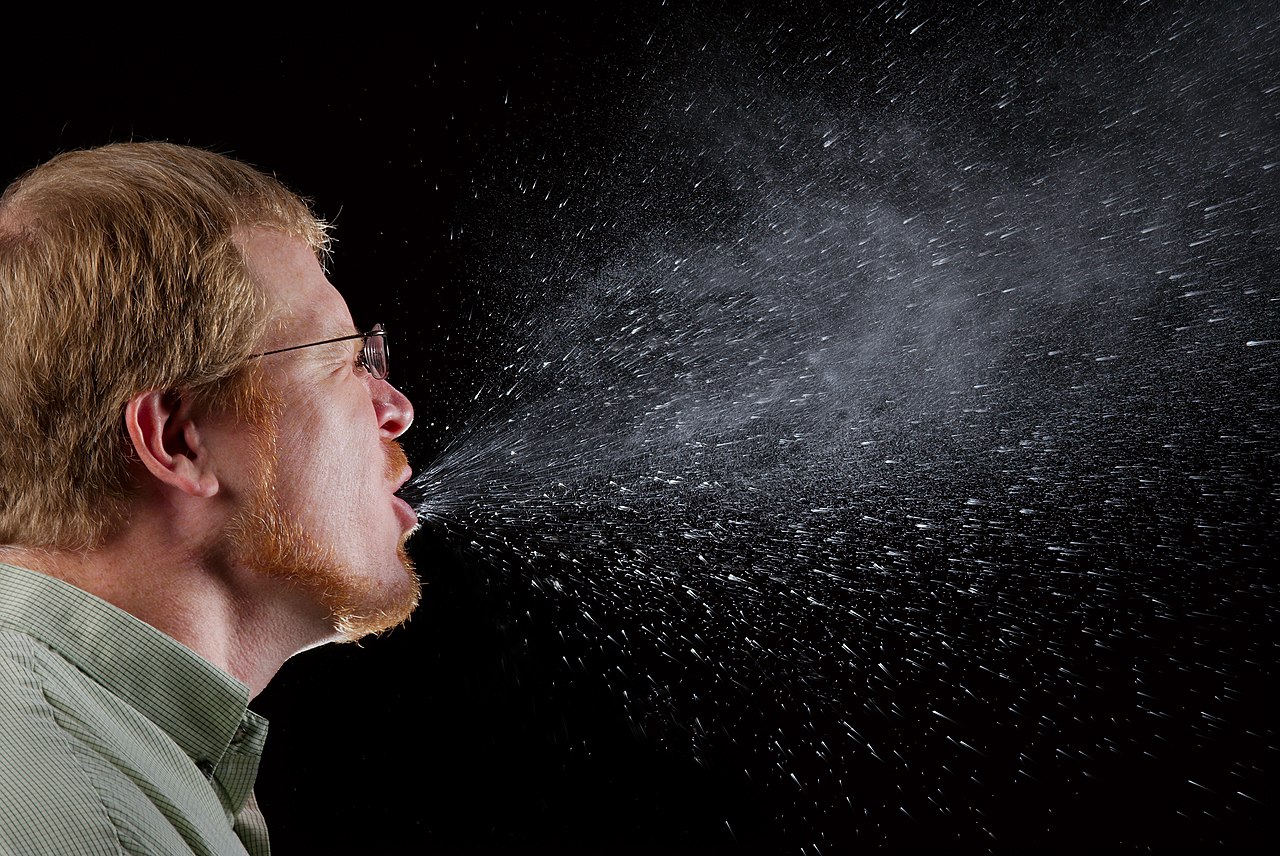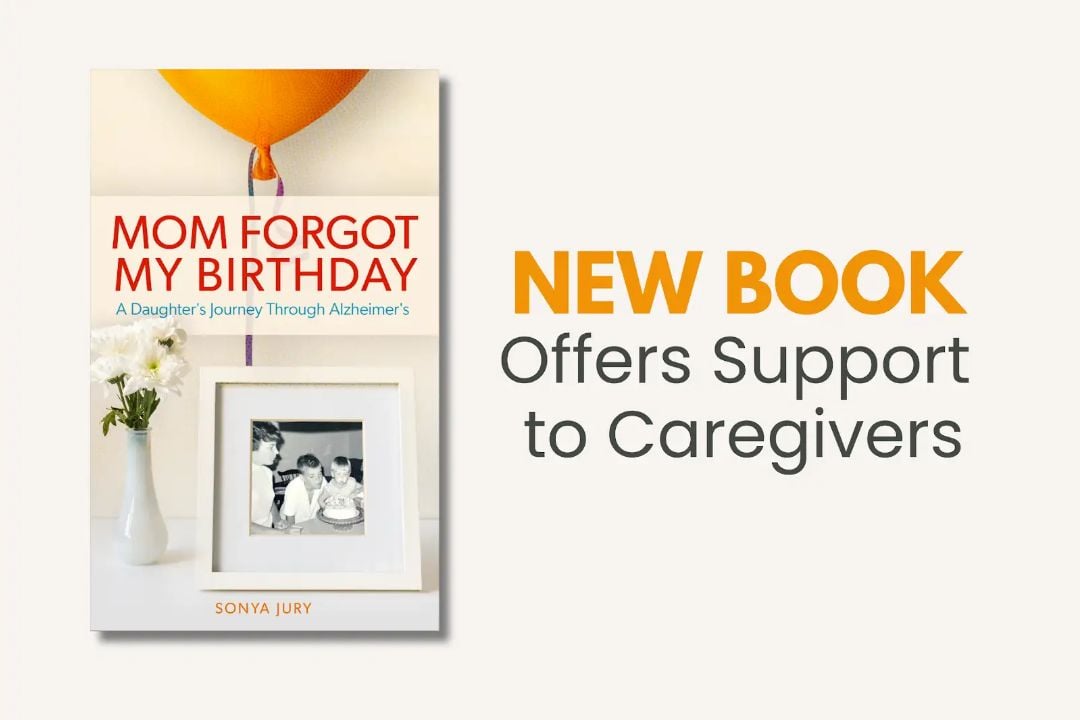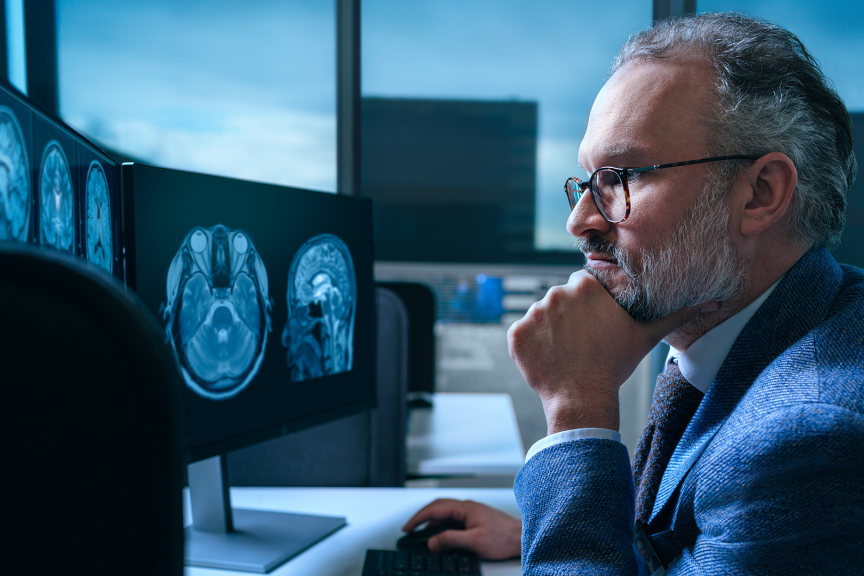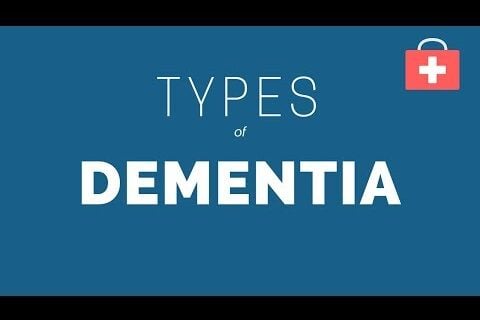
A Look at How the ‘Superagers’ Live
VIDEO: Men and women living into their nineties are the fastest growing segment in the US population. What determines who will make it into their 90s, and in what condition? The “90+” research study is hoping to find out. Learn more.









